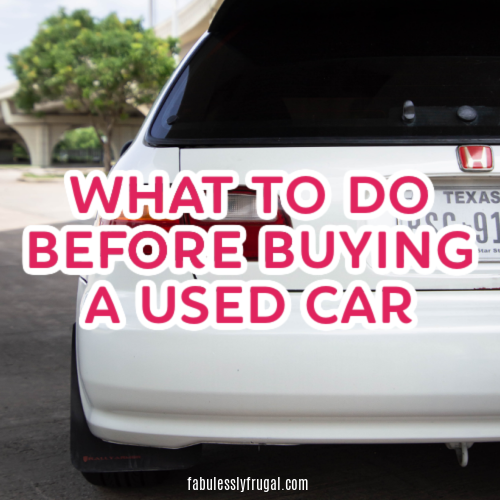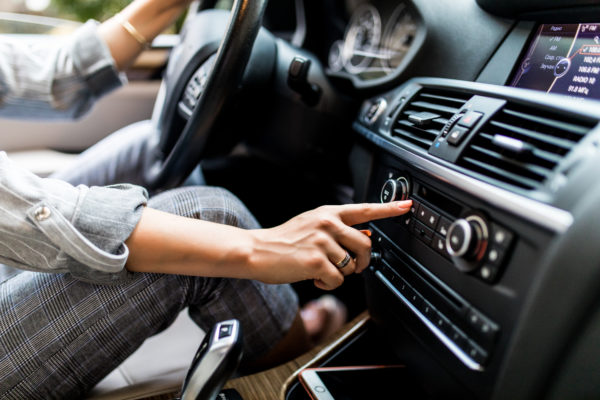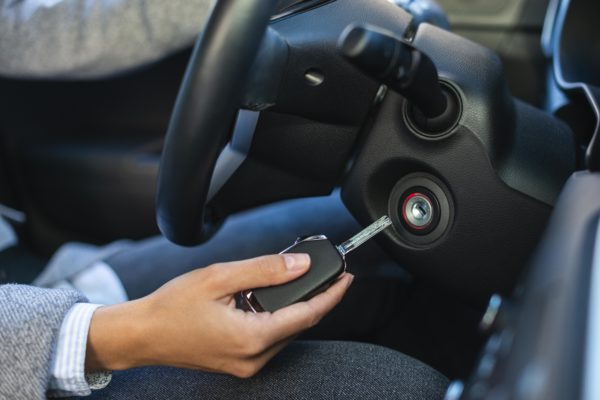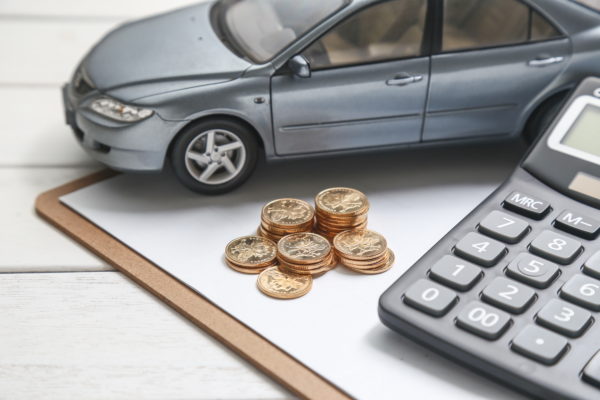
Looking for a new or used car can be overwhelming. Luckily, we have compiled an easy checklist of things you will want to consider, look out for, and research before buying a new car.
This post is adapted from allstate.com, be sure to check out the article and a few more of our favorites resources for what you need to know before buying a used car:
- Edmunds.com – How to Buy a Used Car in 10 Steps
- Dealsnews.com – 11 Essential Things to Know When Buying a Used Car
- Investopedia.com – 7 Things to Avoid When Buying a Used Car
1. Inspect the Interior and Exterior of the Car
There are a few things you will want to look out for to help you determine the quality of the car. Keep an eye out for:
- Scratches
- Dents
- Rust
- Unusual wear and tear in the seats and upholstery
- Mismatched paint (likely repaired and repainted)
You will also want to check a few specific parts of the car. Check:
- How the doors and trunk open and close
- That the body panels line up evenly (uneven panels may indicate the vehicle was in an accident but not repaired well)
- How the car smells in the interior. If there is a musty smell, check the carpet and floor mats for signs of a leak or water damage.
2. Take the Car on a Test Drive
When you are taking the car out for a test drive, be sure to:
- Turn the key to the accessory position and make sure all the warning lights are on
- Listen for tapping and clicking sounds
- Drive the car on different types of roads at different speeds. Make sure the transmission shifts smoothly.
- Listen for unusual engine and brake noises
- Check that the breaks work properly
3. Check the Mileage
If the car you are checking out has low mileage, consider that low mileage can certainly mean less wear and tear and a longer life. However, if a car is driven infrequently, the plastic and rubber parts on the vehicle may dry out and get brittle.
Know that it is more important how the vehicle has been maintained than how often it has been used.
4. Check for Leaks
Take a look under the car, and under the hood. If the car is leaking fluids, it needs to be repaired.
5. Research the Price of the Car
Compare the make, model, and year of the car with other sources to determine if you are being charged a fair price. Kelly Blue Book allows you to input different options on the car, along with wear and tear to help you determine what a fair market value would be.
6. Look Up the VIN
The VIN is the Vehicle Identification Number. Each vehicle has a unique VIN number. The VIN can tell you if there are any recalls on the vehicle. You can look up a vehicle by VIN on the NHTSA’s Safety Issues and Recalls page to see if the vehicle needs repairs due to a safety recall. And if a used car’s VIN information matches up with what’s in the vehicle title and records.
You can use a VIN decoder chart to know more about the VIN of the car.
Note: not all makes and models of vehicles may be available.
7. Check the Vehicle’s History Report
A vehicle history report can help you see title problems, ownership history, service points and previous accidents.
8. Don’t Rush Into Buying a Used Car
Take the time to do your research and negotiate as needed.
Final Thoughts
Buying a used car doesn’t have to be overwhelming if you are doing everything to ensure that the car you get will keep you safe and be worth your money. Check out allstate.com for more information and resources.
Article Source & Adapted from AllState.com
Save Money on the ESSENTIALS in 2021 in THREE Easy Steps!
- Download our FREE app [CLICK HERE!]
- Tap to select the types of deals and brands you want deals on.
- Sit back and relax… we’ll find the deals and send you a notification when the stuff you want costs LESS!
The post What You Need To Consider Before Buying A Used Car appeared first on Fabulessly Frugal.








